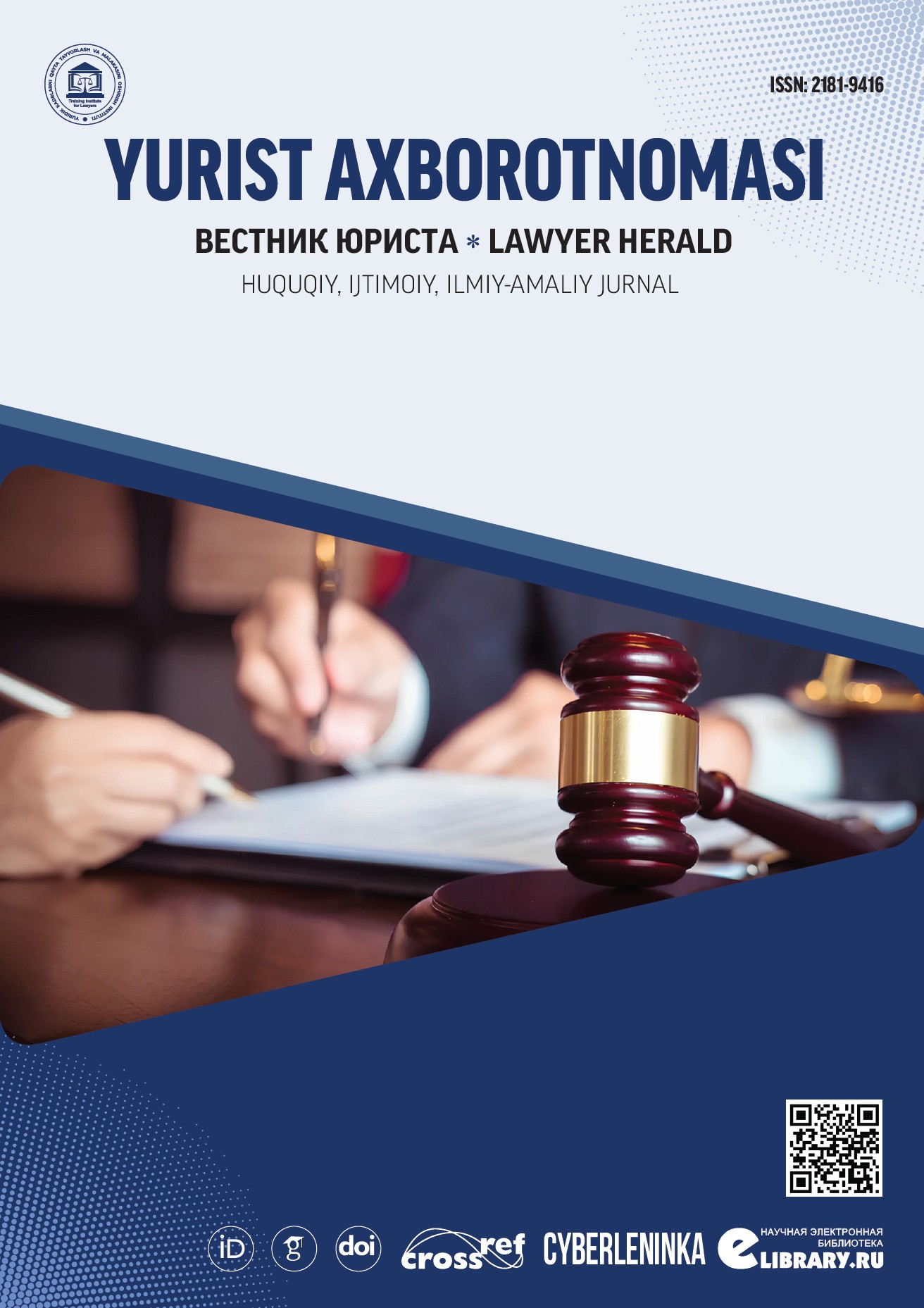Abstract
This research provides an in-depth analysis of the fundamental principles of legal regulation mechanisms and international legal document provisions in the context of the 21st century biotechnology revolution. The research subject encompasses the fundamental principles governing legal relations in biotechnology and their practical
application. The article demonstrates that the specific complexity of biotechnology regulation - high scientifictechnical complexity, rapid development pace, international nature, and multi-sectoral impact - necessitates a reconsideration of traditional legal approaches. The research methodology is based on comparative legal analysis, systemic approach, and content analysis of international documents. The main findings reveal the dialectical interconnection between principles of safety and efficiency, innovation promotion, transparency and accountability, proportionality and precaution in biotechnology regulation and their practical implementation in CBD, Cartagena Protocol, GRATK Treaty, TRIPS and other international instruments. The results can be applied in creating national biotechnology legislation and developing international cooperation. The conclusions analyze the evolution of biotechnology law and future challenges, including integration with digital technologies, development of gene editing technologies, and expansion of synthetic biology field.
